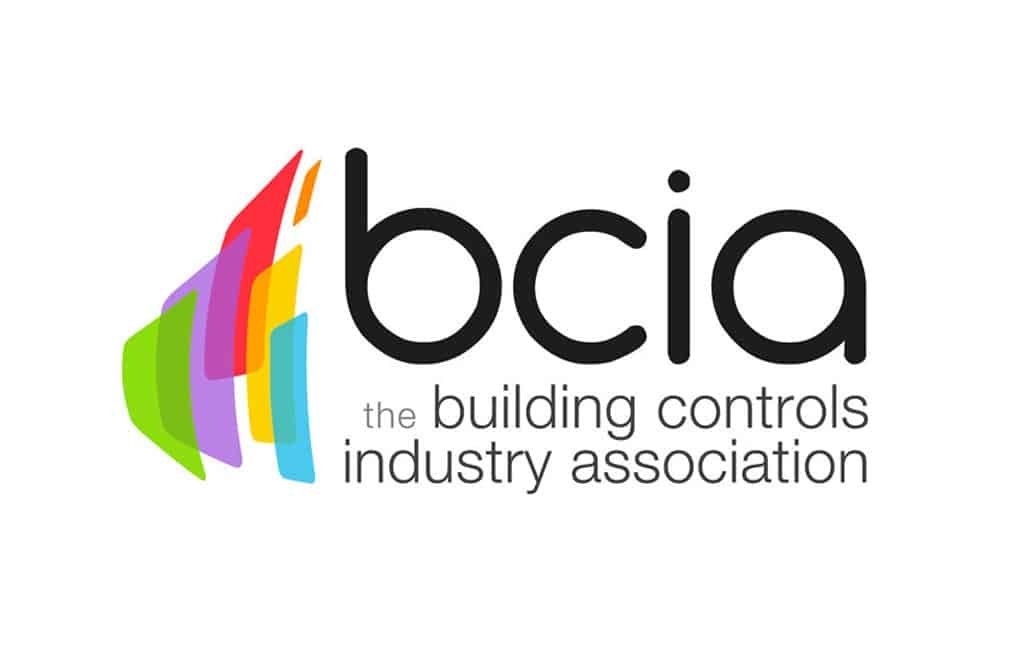BCIA launches insightful technical white paper at the House of Lords
To foster awareness among policymakers of the vital importance of building controls and automation, the Building Controls Industry Association (BCIA) launched its new technical white paper, entitled ‘Comfort, Efficiency and Health: The Untapped Potential of Building Energy Management Systems’ at a recent House of Lords event.
The event, which saw speeches from Lord Callanan, Bill Esterson MP – the Labour MP for Sefton Central and Chair of the Energy Security and Net Zero Committee – and BCIA President, Stacey Lucas, gave the BCIA the ideal opportunity to shine a spotlight on building energy management systems (BEMS) and will hopefully drive government policy through the results of the technical white paper.
While BEMS and smart buildings are going to play a critical part in helping the UK reach its net zero goals by 2050, significant progress can be made with government support and the alignment of regulations, skills and technology under one cohesive strategy.
Amongst government stakeholders, there is currently a lack of widespread awareness and understanding of the importance of building controls and automation, emphasising just how necessary the BCIA’s technical white paper is.
Delivering a clear, evidence-based argument for elevating building controls within the UK’s decarbonisation and sustainability agendas, the white paper illustrated how smart buildings are crucial to achieving energy efficiency, economic resilience, improved productivity and carbon reduction. For example, upgrading from Class C to Class A BEMS in non-domestic buildings could save 15 million tonnes of CO2e between 2026 and 2035. This is equivalent to 5% of England and Wales’ 2023 emissions.
Additionally, as the white paper suggested, Class A BEMS can deliver a £1.8 billion net present value across the three building archetypes, with payback periods of between four and nine years. Indeed, £5.3 billion in additional GVA could be achieved in 2025 through improved workplace comfort. It is also predicted that around 522,000 more pupils could pass national exams annually because of better indoor air quality.
It's also worth noting that BEMS typically outperform heat pumps, solar PV and insulation on the Marginal Abatement cost, saving approximately £224 per tonne of CO2e abated.
The white paper also called for the government to update policy to incentivise operational energy and carbon reduction to help address the performance gap and reinstate a financial support scheme to help the non-domestic sector decarbonise its building stock.
Furthermore, the BCIA requested the government consults on a statutory maximum indoor air temperature for non-domestic buildings to help facilities managers, property developers and building designers improve air quality, enhance energy consumption and provide a more comfortable, healthy environment for occupants.
BCIA President Stacey Lucas revealed the white paper had been a significant undertaking but one that was important for the future of the building controls and automation sector. She said: “It was vital that we explored the challenges and opportunities facing the built environment and underlined how BEMS can support the UK’s decarbonisation journey. However, equally important was assessing and revealing how industry and policy must align to ensure smarter and more energy efficient infrastructure.
“Advanced BEMS are a strategic enabler of the UK’s net zero, health, and economic goals. With the right policy framework, they can unlock significant carbon savings, reduce energy bills, and improve the wellbeing and productivity of millions of building occupants.
“It was an incredibly comprehensive white paper which highlights the vital role building controls and automation can play in reducing carbon emissions and unlocking building performance. The paper seemed to be very well-received and for us, it was a pleasure to shine the spotlight on this crucially-important but oft-forgotten about sector.
Bill Esterson MP explained “I was honoured to provide a keynote address at the BCIA’s Parliamentary Reception as they launched their brand-new technical paper. This presented a compelling evidence base setting out the positive impact building controls can have on carbon emissions, energy bills, human health and the wider economy.
While much of the focus is on improving the UK’s domestic housing stock, the non-domestic buildings sector makes up a significant portion of our national emissions. Therefore, I welcome innovative solutions like building controls which can help to accelerate decarbonisation in this sector.
Demand reduction and energy flexibility will be key to lower energy bills and accelerate the rate of decarbonisation. Building controls can help to achieve these twin goals, while creating more energy efficient and healthier buildings in the process.”
Stacey Lucas added, “We would like to thank the House of Lords for allowing us to present such an informative white paper and raise the profile of the building controls and automation sector. We look forward to working alongside the government to shape policy in the future.”
